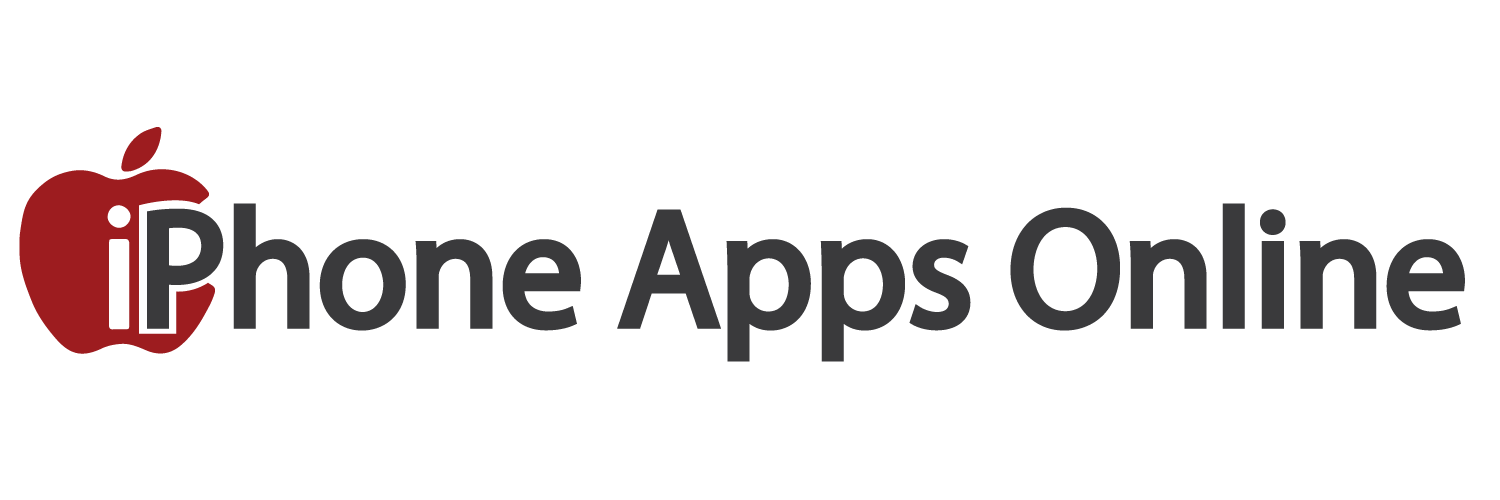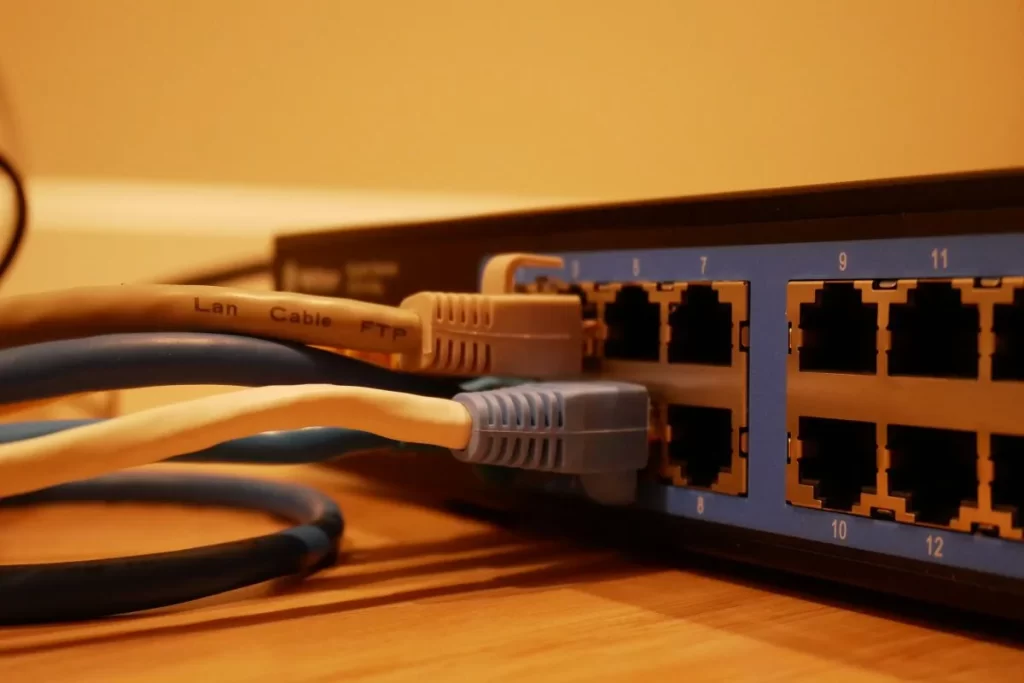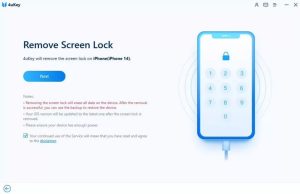New York City boasts numerous home internet providers with reliable service and cost-effective plans, from Manhattan’s dense urban setting to Brooklyn’s expansive sprawl. Fios and Astound Broadband by RCN earned top overall satisfaction scores while budget options like T-Mobile 5G Home Internet and Starry Internet offered competitive pricing plans.
Cost
An internet connection can be costly, but there are ways you can cut costs. College students and low-income households may be eligible to take advantage of affordable plans offered by local and regional providers like Astound Broadband powered by RCN or Verizon Fios that may provide affordable plans at reasonable rates.
Alternative internet connections available include satellite, 5G, cable and DSL internet services. Depending on where you reside, certain of these may offer lower costs or faster speeds than others.
Cable internet has long been an affordable solution, providing fast speeds at an attractive cost. Xfinity is one of the more widely available cable providers in the US, offering competitive prices with no contract options and discounts on TV programming. Other popular providers include Optimum in Brooklyn and Bronx as well as T-Mobile 5G home internet and Starlink satellite service for remote areas. Unfortunately some services such as Verizon Gigabit internet may not be widely accessible – an inconvenience for people who rely on high-speed data for work or entertainment needs.
Speed
Internet speeds dictate what you can do online, from sub-1 megabit per second (MBPS) all the way up to 5 Gbps or faster – making up approximately one percent of available internet bandwidth in most households. Most people need at least 100Mbps to stream HD videos, make videoconferencing calls or play online games effectively.
New York City residents have an array of internet service providers available to them, including Astound, Optimum, Verizon Fios and Spectrum. Each offers different pricing structures and download speeds plans.
Verizon Fios is an elegant fiber-optic connection available throughout most cities, boasting symmetrical upload and download speeds, making it the go-to solution for content creators working from home or handling large media files; also suitable for families with multiple users and devices. While Xfinity may also offer fiber connections in select cities, its data caps pose an issue if heavy internet users don’t monitor usage closely as going over them may incur extra charges.
Reliability
Reliability should always be top of mind when selecting an internet provider for the home, since unreliable connections could slow or interrupt service and impact how effectively you work and play online.
Our research indicates that the top providers offer fast, symmetrical speeds with low latency at competitive pricing. Some even offer unlimited data plans without contracts requiring their purchase; our survey suggests these service providers tend to have happier customers overall.
Verizon Fios and Spectrum lead our rankings among New York City residents as cable internet providers, thus offering faster speeds than providers like Optimum or Google Fiber but at an affordable price point.
Also included among wired options are DSL, which sends broadband signals over copper phone lines, cable television infrastructure and fiber broadband (which uses bundles of tiny glass fibers to transmit faster and more efficient signals). Wireless options available through T-Mobile and Starlink include satellite or 5G home internet – the former covers 78% of five boroughs while Starlink covers Manhattan, Brooklyn, the Bronx and part of Staten Island with coverage extending further out than T-Mobile does.






More Stories
Navigating Cross-Generational Networking: Bridging the Gap Between Gen Z, Millennials, and Boomers
Beyond the Noise: How Micro-Communities and Niche Platforms Forge Real Industry Connections
Privacy-first networking: Secure alternatives to mainstream platforms